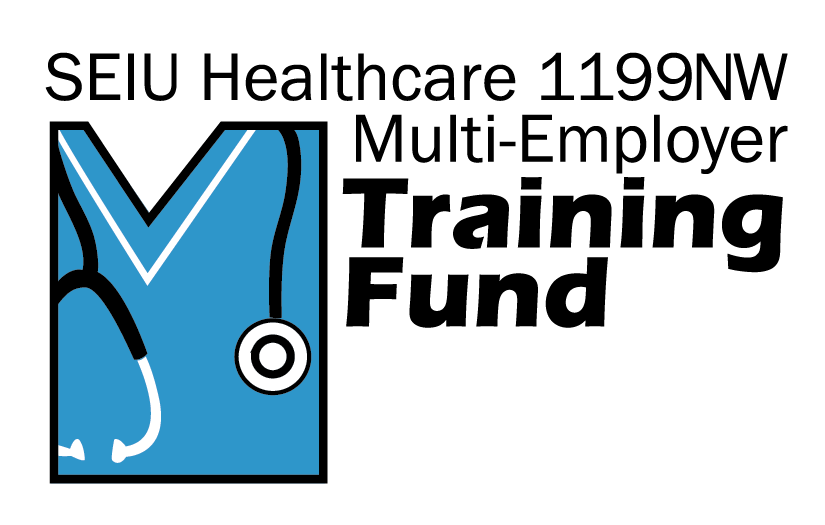SEIU 1199NW Multi Employer Training Fund partners with state, UW, The Ballmer group to create new apprenticeship program in 2022
Washington State ranks among the lowest in the nation when it comes to serving people with mental health challenges. Many Washingtonians suffer from common issues such as depression and anxiety, while others are battling addictions to alcohol and other addictive substances.
One of the biggest roadblocks to care and recovery is the lack of trained behavioral health professionals in the state.
In an effort to be a part of the solution, the Health Care Apprenticeship Consortium is creating a two-year Substance Use Disorder Professionals (SUDPs) Apprenticeship that is expected to open by the Fall of 2022. This program will be funded in thanks to a generous $5.5 million grant provided by the Ballmer Group.
According to the 2019 National Survey on Drug and Use and Health (NSDUH), 80 percent of individuals with a substance used disorder (SUD) do not receive needed care; 57 percent of those with mental illness also do not get the care they need and one-third of those living with a serious mental illness do not get the care they need.
This issue spurred the State of Washington, the University of Washington, the Ballmer Group and the Health Care Apprenticeship Consortium to come together to tackle this problem head on. Governor Jay Inslee signed several pieces of legislation on May 3 that is paving the way for innovative solutions for those suffering from behavioral health issues.
“As governor it has been a priority to address our state’s outdated behavioral health system. Behavioral health is health care and the impacts of the pandemic made it that more urgent we improve the system,” Gov. Inslee said in a press release from the University of Washington. “The package of legislation I signed this week – combined with the tremendous support of organizations like the Ballmer Group and their work with our state agencies and the University of Washington – is all part of that process to get greater access to behavioral health for more people.”
This included House Bill 1311, which opens the doors for people to be trained and certified as SUDPs through apprenticeship programs.
“HB 1311 establishes the first apprenticeship in the state for substance use disorder professionals,” Gov. Inslee said. “Apprenticeships such as these offer Washingtonians another pathway to become certified in their career choice.”

To show support and help jump start the solution, the Ballmer Group gifted $38 million to University of Washington programs, including the future SUDP two-year apprenticeship.
The Ballmer Group is a philanthropic organization that supports community-led initiatives to help improve economic mobility for children and families in the United States who are disproportionately likely to remain in poverty.
In a press release sent out on May 14, the University of Washington announced the School of Social Work and Department of Psychiatry and Behavioral Sciences, and the Behavioral Health Institute at Harborview Medical Center will use the $38 million in gifts to begin bolstering the lack of professional care.
“The UW Behavioral Health Institute at Harborview Medical Center will receive $5.5 million over three years to establish statewide behavioral health apprenticeship programs for early and mid-career professionals in collaboration with community partners, including the King County Executive’s Office and The SEIU Healthcare 1199NW Multi-Employer Training Fund,” the press release stated.
For SEIU 1199NW Multi Employer Training Fund Executive Director Laura Hopkins, this work is important for her community.

“I have friends who have not been able to get the support they need due to lack of available services. I am aware of the impact this has on not just the individuals, but all of the people in their lives,” Hopkins said. “As an LGBTQIA community member I am also aware of the need for SUDPs to be representative of the members they serve. This bill allows us to use apprenticeships to train individuals to be SUDPs. Using apprenticeship will allow us to reach an increase number of BIPOC and LGBTQIA individuals to become SUDPs.”
To learn more about the Health Care Apprenticeship Consortium and its work with the community, visit its website https://healthcareapprenticeship.org/.
